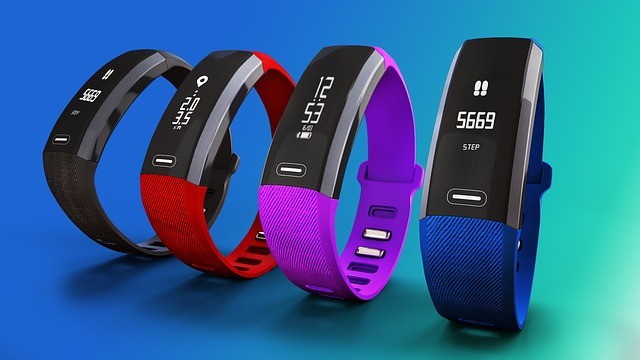For many companies with a large number of employees working out of the same office, or even from remote offices spread across the country, it is difficult to identify who is COVID-19 positive. That is why, there will be a need to continue practising social distancing — even more so when people start working from offices post lifting of lockdown.
Employee-tracking devices will need to be put into use to ensure that social distancing is not compromised.
Technology companies, such as Google and Apple have collaborated to launch a comprehensive solution that includes application-programming interfaces (APIs) and operating system-level technology to facilitate contact tracing.
Given the fact that such technological devices also raise concerns of privacy and transparency, the plan is to implement the solution in two steps.
First, they will launch APIs that will enable the compatibility between Android and iOS devices using apps from public health authorities. Users can download these tracking apps through the app stores.
Second, in the coming months, both the tech giants will enable a broader bluetooth-based contact-tracing platform by building this functionality into the underlying platforms. This step is considered to be powerful as it will allow more individuals to participate and enable interaction with a broader ecosystem.
Joining hands on this initiative, PwC is reportedly working on a contact-tracing app to track the spread of coronavirus among its employees once offices reopen. According to reports, the consulting firm has been developing a solution that combines the bluetooth and WiFi functions of employees’ phones, to track how they interact with colleagues.
Once detected, the company will be able to trace all the people the infected employees have come in contact with, following which, appropriate measures can be taken to isolate employees to further combat the spread of the virus.
Another IT major, IBM, is testing an opt-in mobile app to track the location of its employees in India, to help curb the spread of COVID-19. The application will notify and identify employees who may have come in contact with infected employees.
Designed and developed in India, the use of this mobile application device is voluntary and IBMers who opt in will be notified if they are in the same location as co-workers who report experiencing symptoms commonly associated with the virus.
As per reports, the multinational firm has claimed to protect the users’ privacy, and hence, all the employee information stored will be deleted within a span of 16 days.
Another collaboration was witnessed when Microsoft and researchers from the University of Washington teamed up for a new app called CovidSafe, that promises to alert people automatically if they’ve been in close proximity to someone infected by COVID-19.
This latest device helps trace an affected user, both manually and automatically. Health officials can either interview the affected persons to determine whom all they’ve been in contact with or simply track them with their smartphones and notify others. Currently, it’s only available to Android users.
At a time when IT giants are working on building these tracing devices, the Government as well as health specialists, in India and across the world, are collectively striving to find solutions to the COVID-19 pandemic.
It’s just been days since its advent and India’s Aarogya Setu, a smartphone application, has become popular among the masses. The application has been downloaded by more than 50 million users in just 13 days.
Under the Ministry of Electronics and IT, this application was built by the National Informatics Centre (NIC) and guarantees the encryption of data, owing to privacy concerns. Using a social graph and data analytics, the application utilises the location of an individual to gather information about the zone she/he is going to, which may fall under the contaminated hotspots. It is available on both android and iOS platforms.
Recently, the Massachusetts Institute of Technology (MIT) has developed a protocol, which uses smartphones for tracing, based on bluetooth proximity. Keeping the privacy intact, the protocol doesn’t reveal any information of the user. It was developed with the collaboration of several researchers of the university.
Interestingly, users can choose to reveal private information to a trusted health authority, who can further use this data to control the spread of the virus.
Through such cooperation and collaboration of developers, researchers, governments and public health providers, countries around the world can slow down the spread of COVID-19 and hope to get back to normal everyday life.



